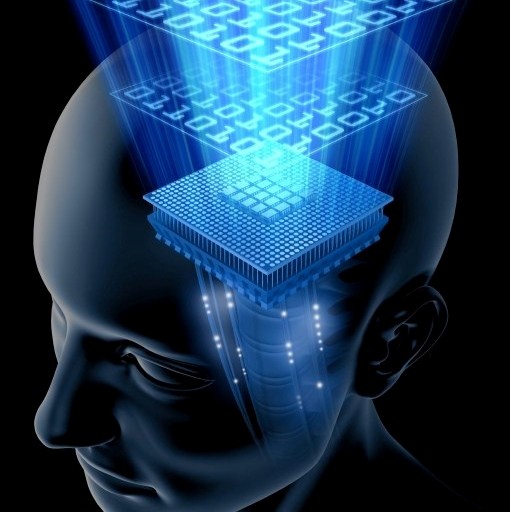Dreams are side effects of the memory process, leading to a better memory
 With latest study concerned on Dreaming process reveals that dreams are side effects of the memory process leading to a better memory. This shows that dreams and sleeps enhance the learning procedure.
With latest study concerned on Dreaming process reveals that dreams are side effects of the memory process leading to a better memory. This shows that dreams and sleeps enhance the learning procedure.
As per the researchers, people who were given some tasks and took nap and dreamt about that task , they seemed to perform it better after waking up then those people who perform the task without a sleep or those who sleep but don't dream about these tasks.
Researchers have examined few learners in their study, who were asked to sit in front of computer screen and were asked to learn the layout of a three dimensional maze in order to reach the landmark (a tree), they were set down at a random location within the virtual space for five hours .
Later, it was found that those who take a nap and also informed dreaming of the task were able to find tree in less time.
Robert Stickgold of Harvard Medical School said, at first glance we hold an opinion that dreaming must reflect the memory process and it helps in improving the performance. But when it appears that dreams does not necessarily show the exact task which was to be performed, it become difficult to believe this notion.
During research, couple of learners reported that they recalled just the music from the computer maze. Few of them stated that they had dreamt of people standing at some checkpoints in the maze but odd thing is that the real maze does not have any people or checkpoints. Another group of people claimed that they have dreamt walking through bat caves and thinking that the caves were like mazes.
Stickgold said, Dreaming process act as a marker that the brain is working on the same task at various levels. Dreams might be considered as a sign of brain's attempt to find links for the memories that could help to make them more helpful in the future.
Expressing in other terms, it reveals that dreams led to better memory and they are signals that unconscious parts of the brain were also working hard to memorize how to get through the virtual image.
The new study was published online on April 22nd in Current Biology, a Cell Press publication.